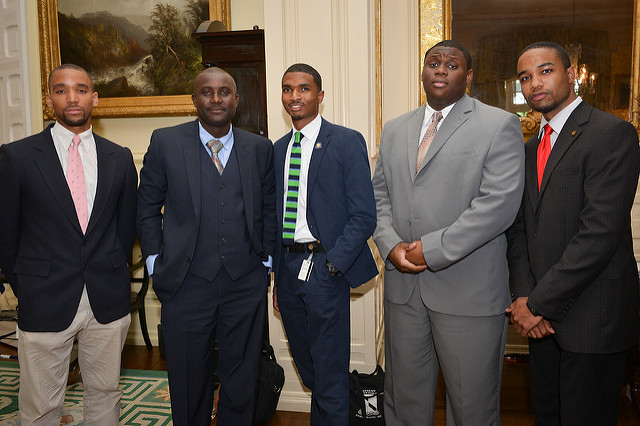Preschool Teachers Aren’t Receiving Proper Training
The National Council on Teacher Quality (NCTQ) released a recent study finding that of 100 teacher prep programs in 29 states, the majority do not provide proper training for early childhood educators. Most of the programs studied were bachelor or graduate degree programs, yet failed to adequately prepare teachers for preschool classroom instruction.
Preschool programs though beneficial, have been proven to yield inconsistent, lasting results. Studies demonstrate that children attending preschool achieve higher test scores and are less inclined to require special education interventions. However, gains made in preschool tend to fade quickly over time, leaving some to question if the benefits outweigh the costs. Perhaps poor teacher training explains the lackluster long-term results often associated with early childhood programs.
Areas in which educators were found to be improperly trained include early math concepts and emerging language skills. The study also found that programs did not provide adequate preparation to educators in creating a safe, engaging classrooms. Furthermore, just 8 percent of programs evaluated teachers on their ability to aid in building vocabulary for their students.
There is strong research regarding the essential skills necessary for early childhood educators and how they should prepare, unfortunately the training isn’t happening effectively. In addition to inappropriate instruction for educators, many are receiving far less wages than that of other teachers. The median wage for preschool teachers in 2015 was just $28,570, which is approximately 55 percent of what kindergarten teachers earn.
The NCTQ’s suggestion to combat these issues is to include an add-on certification or specific degree focusing on early childhood education. Courses would concentrate on teaching literacy and math skills, language development and early childhood growth.





